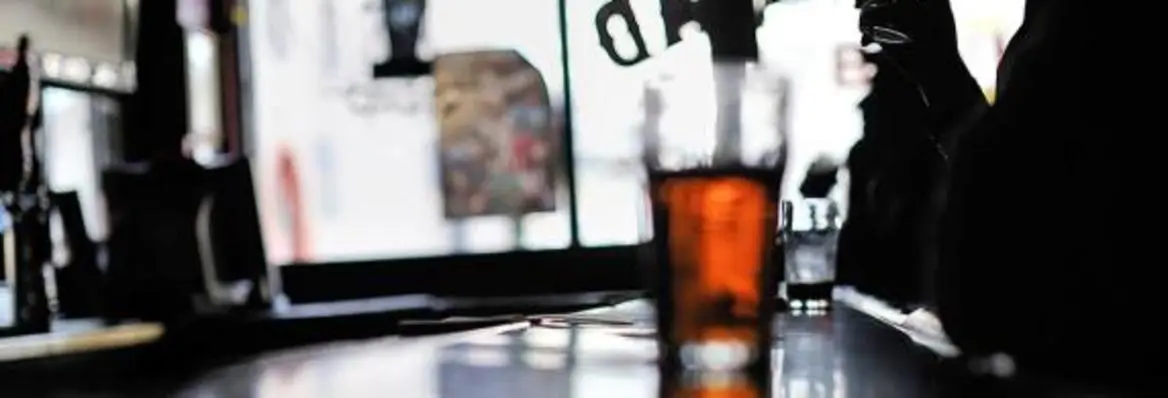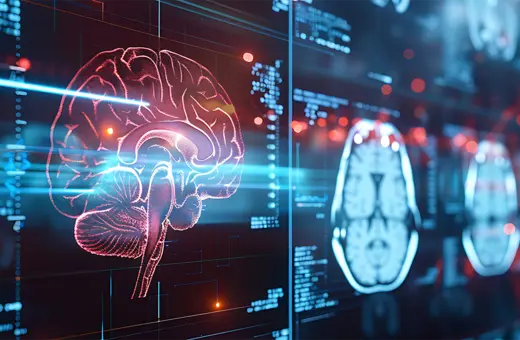Addiction is often connected with the idea of powerlessness, compulsion, or having one’s agency ‘hijacked’. That idea shows up, for example, in the first of Alcoholics Anonymous’s 12 steps:
1. We admitted we were powerless over alcohol - that our lives had become unmanageable.
AA is an incredibly popular organization. Organizations that take the same approach to addiction, but focus on different objects of addiction – e.g. narcotics, food, sex – are also globally successful. So, the idea that addiction involves powerlessness has resonated with a vast number of people who have first-hand experience of addiction. It deserves to be taken seriously. Should we also take it literally? Well, that depends on working out what it would mean to take it literally. And that turns out not to be obvious.
It might help to focus on this question to have an example in view. Susan is an alcoholic who is having some early success in being abstinent and is slowly putting her life back together. She has constructed a daily routine designed to minimize stressors and triggers for her drinking. Now along comes something to trip her up, the delayed fall-out of her unmanageable past – e.g. a debt or an affair that has just been discovered. The thought of drinking, which has perhaps been a regular unwelcome but fleeting visitor, now impresses itself on her with incredible tenacity. She runs through the script she has developed for this kind of scenario. She takes some deep breaths. She rehearses her reasons not to drink. She contemplates ringing her sponsor, knowing that they will likely offer to come round and escort her to a meeting. At a certain point, she nevertheless succumbs. She drinks. In what sense, if any, was she powerless over alcohol?
Here is a first suggestion. Alcoholics like Susan are powerless over alcohol in the sense that they can’t cause themselves to stop desiring alcohol, simply by deciding that they would be better off not having that desire. If they had that power, staying sober would be much easier than it actually is. This though doesn’t distinguish an alcoholic’s desire for alcohol from anyone’s desire for anything. I might have a mild craving for eating meat this evening. I can’t get rid of that craving, simply by deciding that I’d be better off without it. If I could, making healthy and environmentally sound eating decisions would be much easier than it actually as.
___
"Might alcoholics be powerless in the sense that their drinking is merely the result of habit, and doesn’t reflect what they actually want to do?"
___















Join the conversation